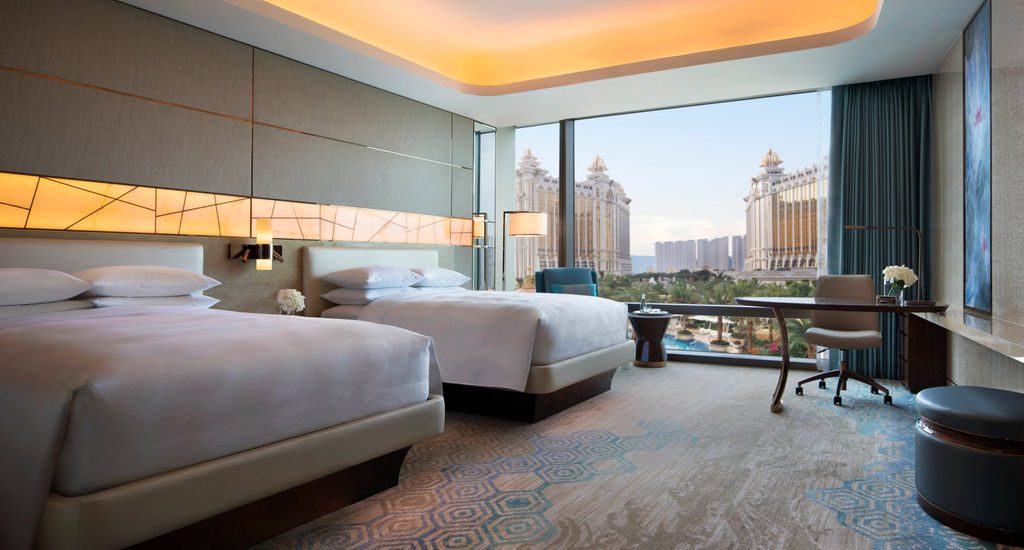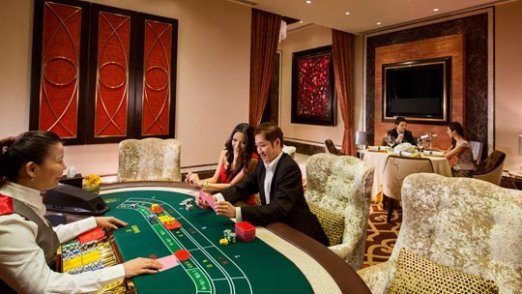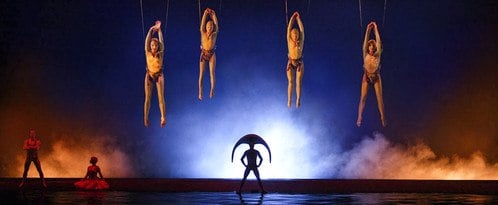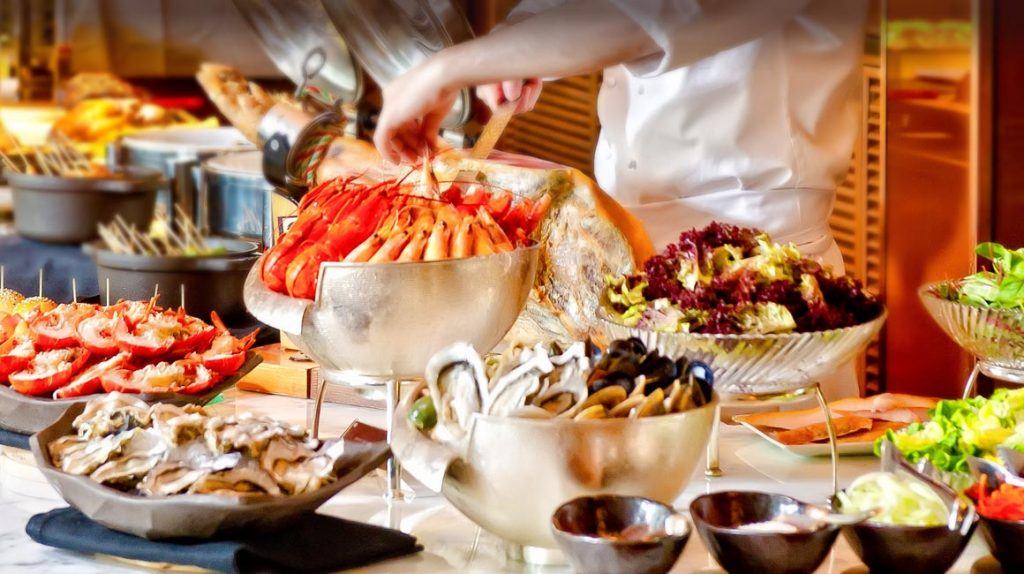Las Vegas vs Macau: The Battle of the Global Gambling Capitals
Two Giants: Western and Eastern Hubs of Gambling
Las Vegas often claims the title of the world’s gambling epicenter, drawing millions of visitors from the United States and worldwide. Meanwhile, Macau stands as Asia’s leading destination for gaming and entertainment. As both cities vie for global attention, the question arises: does Macau surpass Vegas, or does the famed strip in Nevada retain its crown?
Where Visitors Rest and Stay: Accommodation Comparisons
Travelers looking for comfort and luxury will find distinct differences between how visitors experience these two destinations. In Las Vegas, the majority of tourists-an impressive 99%-choose to spend at least one night, booking hotels for typically 2-3 nights. Macau, in contrast, is often a shorter getaway with only about half of its guests opting to stay overnight.

Las Vegas offers an extensive hospitality landscape, boasting about 148,690 hotel rooms citywide. On the iconic Strip alone, 93,359 of these rooms beckon travelers, with many properties featuring upwards of 2,000-3,000 rooms each. That remarkable volume even prompts some hotels, like the MGM Grand, to process thousands of pillowcases in one day.
Macau hosts 113 hotels accounting for 37,634 rooms, complemented by 47 motels and hostels contributing another 1,513 rooms. While impressive, this total pales in comparison to what’s found in Las Vegas, particularly considering the abundant offerings from platforms like Airbnb, which are not counted in official room numbers for either destination.
Pricing in both cities spans a wide spectrum. A typical Las Vegas hotel room averages around $130 per night, with both high-end suites and budget bargains readily available. In Macau, average nightly rates for a standard three-star hotel range between $90 and $161. Thrill seekers can find no-frills accommodation for as little as $30, while luxury suites easily exceed $350 a night.
The Casino Experience: Size, Numbers, and Revenue
While Las Vegas is home to more than 100 casinos, making it a playground of options for enthusiasts, Macau hosts only 49 major casinos. However, when it comes to revenues, Macau’s smaller number of venues generates more than twice the income: annually, Las Vegas casinos bring in about $11.1 billion in gaming revenue, whereas Macau’s properties top $28 billion.
For sheer scale, casino floors in Macau tend to be larger than their Las Vegas counterparts. As James Carry, Regional Managing Director at Wilson Associates (designers of properties in both cities), observes, Asian casinos often double the size of those in Nevada.
Las Vegas welcomes over 42.9 million visitors annually, with 69% giving gambling a try. Macau attracts more than 30 million guests each year, and a slightly higher percentage-74%-engage in casino play. Curiously, the average budget for gambling in Las Vegas sits at $619 per visitor, while Macau’s is lower at $250.
Macau casinos generally focus solely on gaming, unlike in Las Vegas, where properties frequently integrate restaurants, retail, entertainment venues, and even theaters right on the game floor. In Macau, alcohol service is restricted and drinking on the casino floor is uncommon; smoking is also limited to specially designated lounges, setting a much different tone than the lively party vibe often found in Las Vegas.
Gaming Culture: What’s Hot on the Casino Floor?
The preferred games in each city reveal their cultural differences. Slot machines reign supreme in Las Vegas, serving as the city’s most popular choice for visitors. In contrast, traditional table games, especially baccarat and Sic Bo, dominate Macau’s gaming scene.

An astonishing 90% of all gaming revenue in Macau flows from baccarat, much of it wagered in high-stakes, exclusive VIP rooms. These areas are specially designed for privacy, luxury, and service.
Another contrast lies in taxation: Las Vegas imposes taxes of 25-30% on gambling winnings, reducing the final prize for lucky winners. In Macau, however, all gambling winnings are tax-free, allowing players to keep their total windfall.
Beyond Gambling: Culinary and Cultural Adventures
While casinos headline both cities, each offers a rich assortment of experiences and attractions away from the gaming tables. In Las Vegas, many visitors attend conventions, world-class entertainment shows, or celebrity chef restaurants-often as their main reason for visiting, with gambling as an added bonus.

Both Las Vegas and Macau are culinary hotspots. Globally recognized chefs operate acclaimed restaurants in both destinations. Visitors to Macau are encouraged to sample the city’s iconic egg tarts-a sweet nod to Portuguese heritage-while Las Vegas is famous for its over-the-top buffets, offering unlimited gourmet choices.
To experience Macau’s cultural richness, wander beyond the gaming halls to explore its cathedrals, historical churches, and ancient fortresses. As a crossroads of European and Asian influences, Macau offers a blend of architecture and atmosphere unlike anywhere else.
For adventure lovers in Las Vegas, nature and history are close by. Tourists often take classic road trips along Route 66, marvel at the engineering of Hoover Dam, fly by helicopter above the Grand Canyon, or learn about regional history at attractions like the Atomic Testing Museum.
Conclusion: Which Playground Reigns Supreme?
Las Vegas and Macau each hold their own unique appeal-Las Vegas with its non-stop entertainment, mega-resorts, and vibrant nightlife; Macau with its high-roller allure, monumental gaming floors, and fascinating East-meets-West culture. Travelers seeking thrills, cuisine, or culture will find both cities offer unforgettable experiences, whether for a short getaway or an extended stay. Ultimately, the best destination comes down to what kind of adventure you are looking for: dazzling lights and all-inclusive entertainment, or exclusive gaming and a taste of East Asian heritage.














